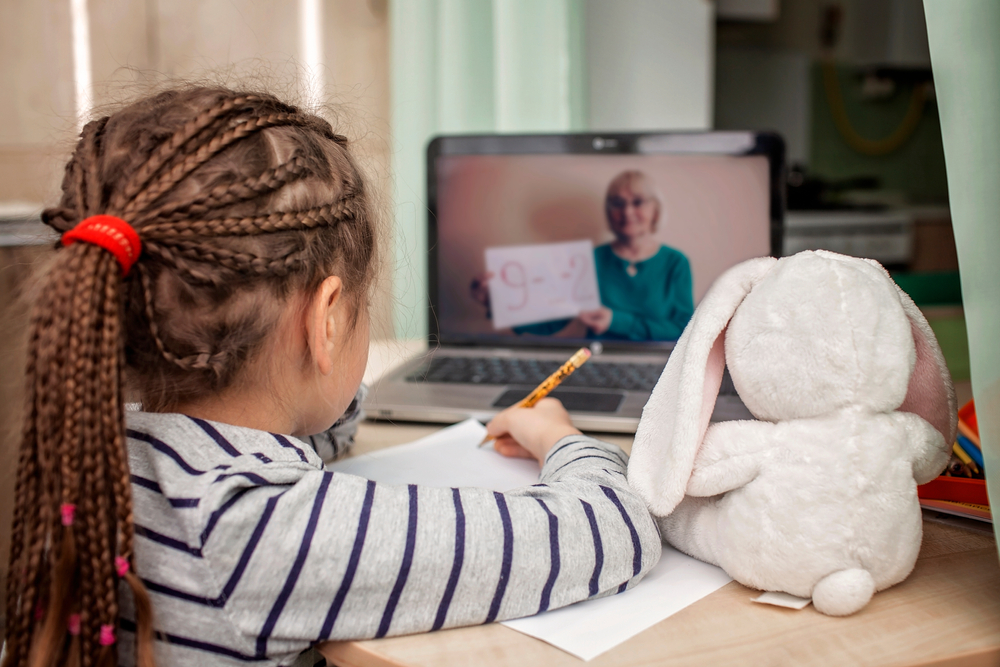Sequence Understanding Worksheets for Ages 5-9
7 filtered results
-
From - To
Welcome to our engaging "Sequence Understanding Worksheets" for ages 5-9! Designed to enhance children's cognitive skills, these worksheets help young learners grasp the concept of sequencing in a fun and interactive way. Through a variety of exercises, your child will improve critical thinking, develop logical reasoning, and enhance their ability to associate events in a coherent order. Our user-friendly printables cover essential themes and relatable scenarios to ensure an enjoyable learning experience. Perfect for classrooms or home learning, these worksheets target foundational skills, making them an essential resource for early education. Unlock your child's potential today with our sequence understanding materials!
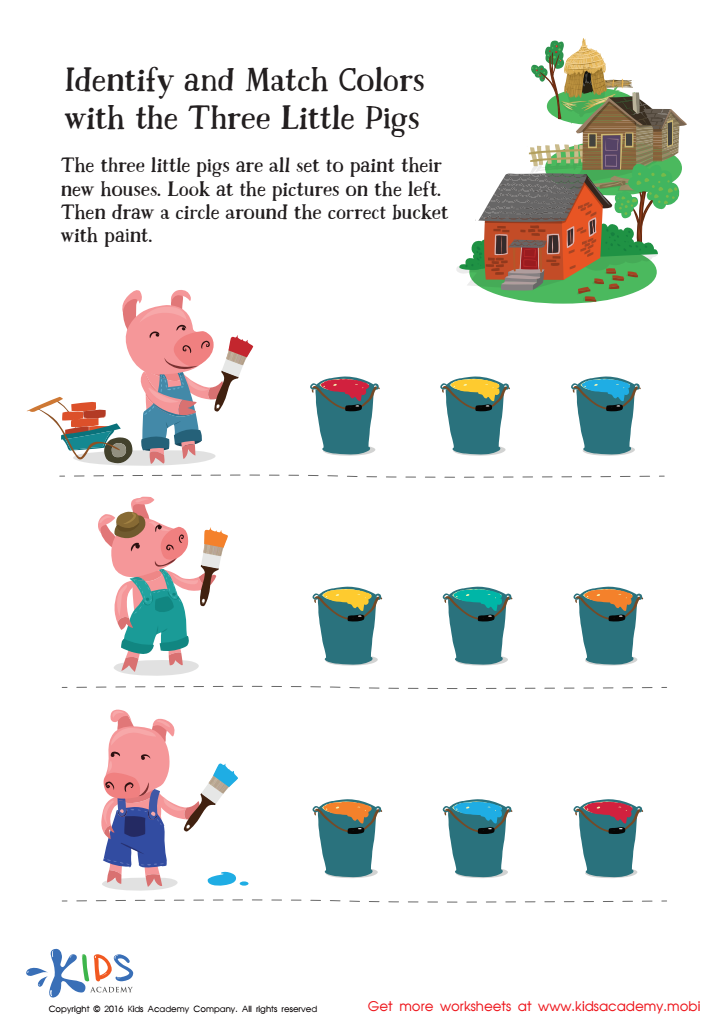

Fairy Tale Worksheet: Identify and Match Colors with Three Little Pigs
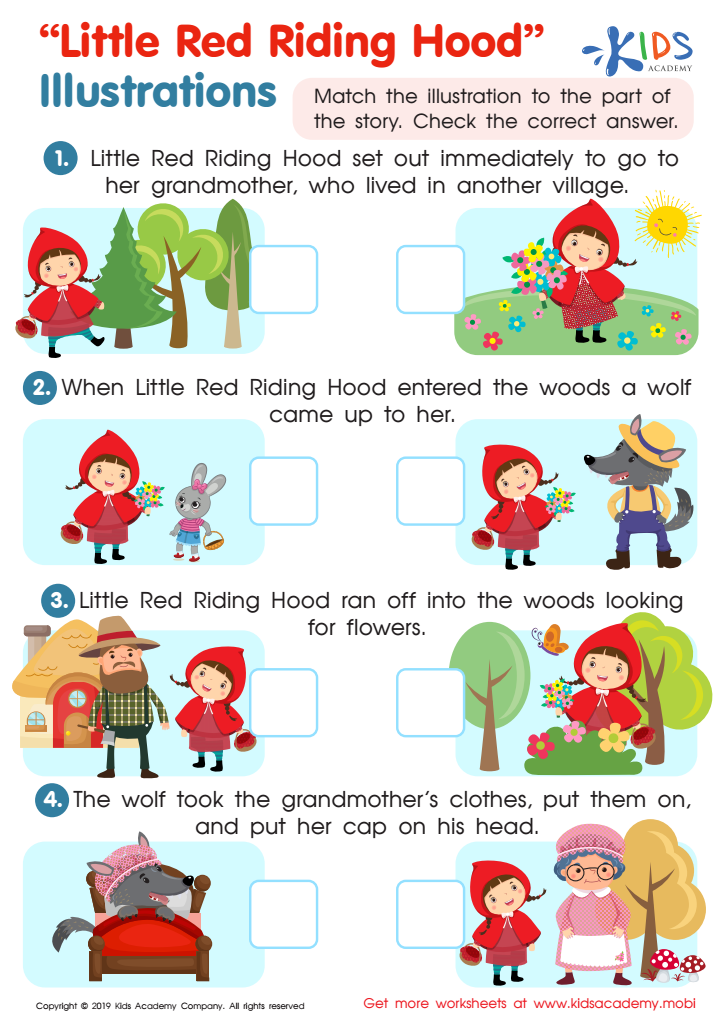

Little Red Riding Hood: Illustrations Worksheet
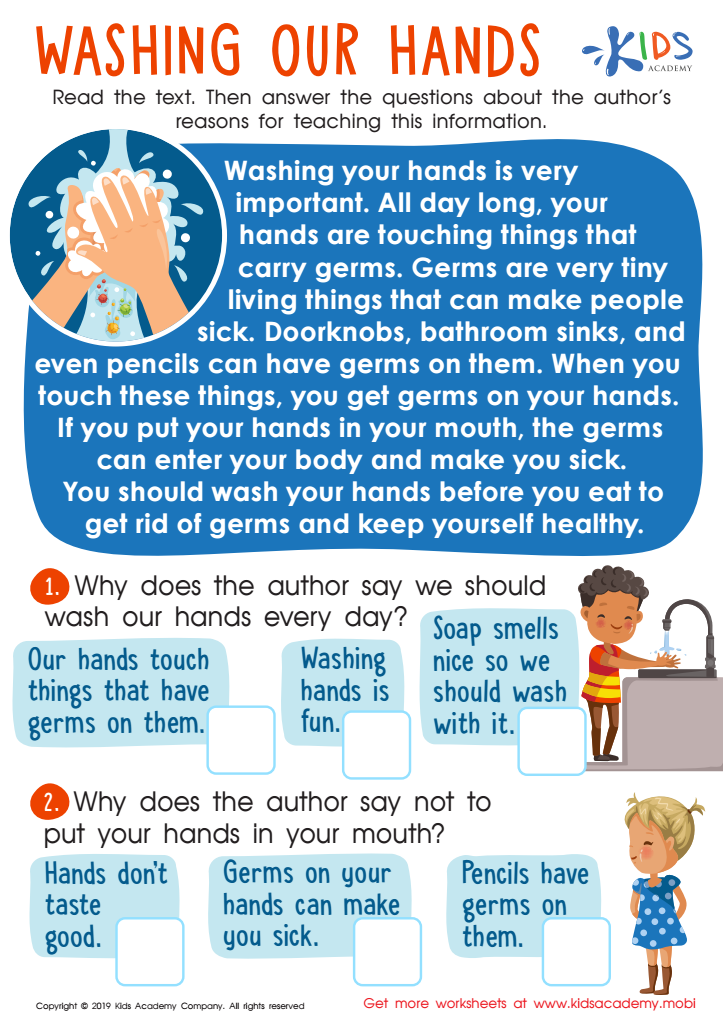

Washing Our Hands Worksheet


Alien Worksheet


The Five Little Monkeys Nursery Rhyme Worksheet
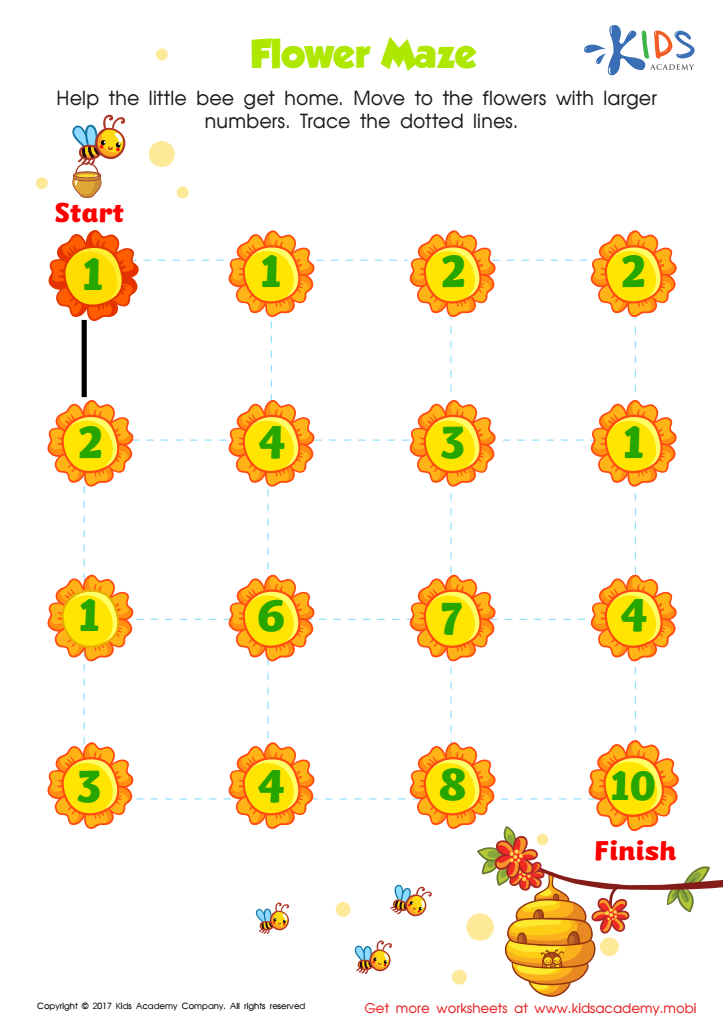

Number Maze For Kindergarten Printable
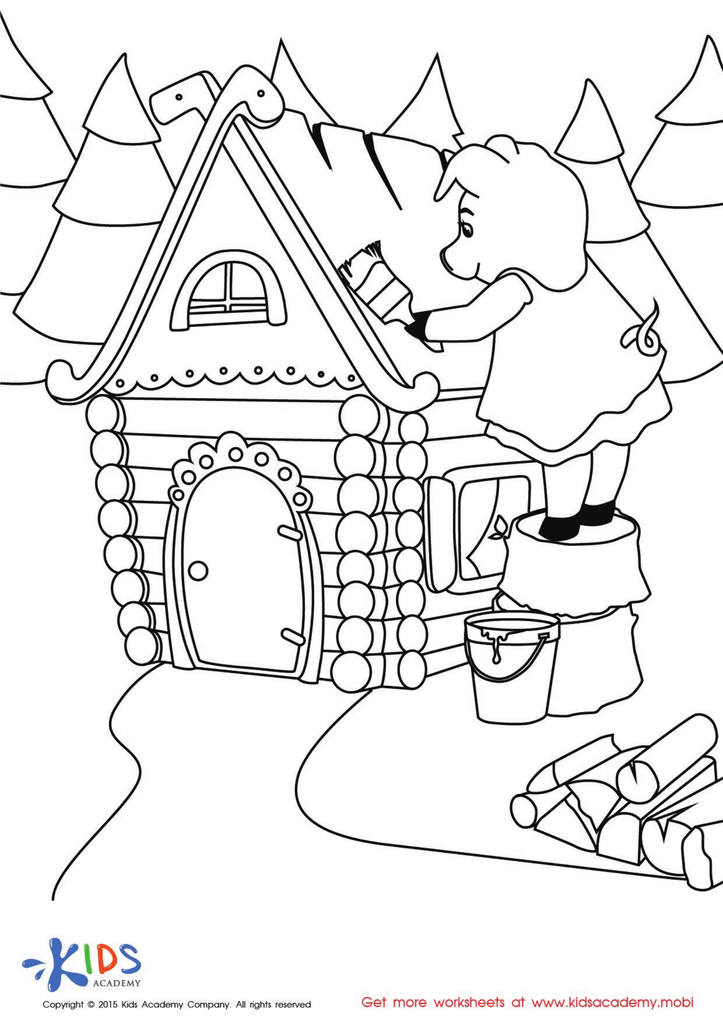

The Three Little Pigs Worksheet
Sequence understanding is crucial for children aged 5 to 9, as it forms the foundation for critical cognitive skills and academic success. At this age, children are developing the ability to understand patterns, order, and relationships, which are vital in their learning journey. Recognizing and creating sequences enhances their problem-solving abilities and improves their capacity to make connections across different subjects, such as reading, math, and science.
For example, in reading, understanding the sequence of events in a story helps children to summarize and predict outcomes. In math, they learn about numbers and operations in a fixed order, enabling them to grasp concepts like addition and subtraction more effectively. Moreover, learning sequences prepares them for more complex tasks as they advance in their education.
Parents and teachers should prioritize sequence understanding because it supports not just academic growth, but social and emotional development as well. Children learn to anticipate consequences and develop organization skills, which are essential for everyday functioning. Encouraging activities such as story mapping, timed routines, or even cooking recipes fosters a deeper comprehension of sequencing. Thus, investing in this area is pivotal in preparing children for lifelong learning and real-world problem solving.
 Assign to My Students
Assign to My Students






.jpg)
